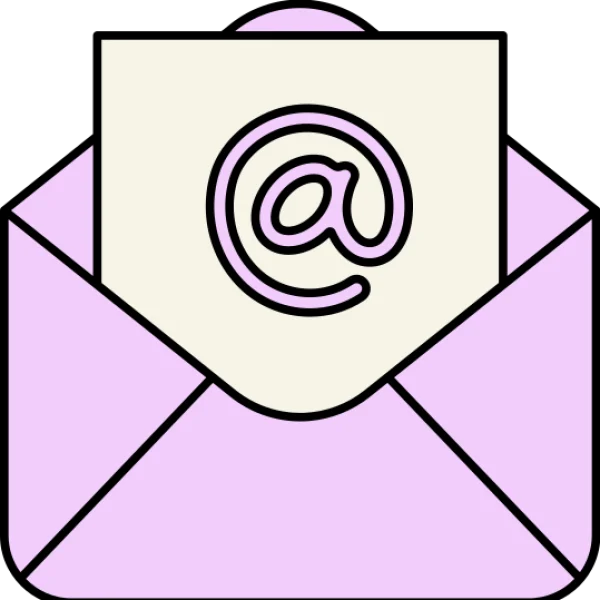
Introduction to Email Marketing
In today’s digital age, businesses have an abundance of tools at their disposal to reach their audience. Among these tools, email marketing stands out as one of the most effective and direct ways to communicate with customers. Despite the rise of social media and other marketing channels, email remains a powerful tool for building relationships, driving sales, and fostering brand loyalty.
What is Email Marketing?
Email marketing is the practice of sending targeted messages via email to a group of people. These messages can take various forms, from promotional emails and newsletters to transactional emails and event invitations. The primary goal is to engage with the audience in a personalized manner, delivering content that is relevant, valuable, and timely.
Email marketing involves more than just sending out random emails. It requires a strategic approach that includes list building, segmentation, personalization, and content creation. By tailoring messages to specific audience segments, businesses can increase the effectiveness of their campaigns and build stronger connections with their customers.
Key Components of Email Marketing
- Audience Segmentation: Segmenting your email list based on demographics, behavior, and preferences allows you to send more targeted and relevant content. This leads to higher open rates, click-through rates, and ultimately, conversions.
- Personalization: Personalizing emails by including the recipient’s name, tailored content, and personalized offers can significantly enhance the user experience. Personalization helps build a connection with the audience, making them more likely to engage with your emails.
- Content Creation: Crafting compelling content that resonates with your audience is crucial. Whether it’s an informative newsletter, a special promotion, or an announcement, the content should be valuable and aligned with the interests of your recipients.
- Automated Campaigns: Automation allows businesses to send emails based on specific triggers or actions taken by the recipient. For example, welcome emails, abandoned cart reminders, and birthday offers can be automated, ensuring timely and relevant communication.
- Analytics and Reporting: Tracking the performance of email campaigns through analytics and reporting tools provides valuable insights. Metrics like open rates, click-through rates, and conversion rates help businesses understand what works and what doesn’t, allowing for continuous improvement.
Why Email Marketing is Essential for Businesses
- Cost-Effective
Compared to other marketing channels, email marketing is highly cost-effective. There are no printing costs, no postage fees, and no need to pay for ad space. With a well-planned strategy, businesses can reach a large audience with minimal investment.
- Direct Communication
Email marketing allows businesses to communicate directly with their audience. Unlike social media, where algorithms determine who sees your content, emails are delivered straight to the recipient’s inbox. This direct line of communication increases the likelihood of your message being seen and acted upon.
- Measurable Results
One of the biggest advantages of email marketing is its measurability. Businesses can track every aspect of their campaigns, from open rates to conversions. This data-driven approach enables companies to refine their strategies and maximize ROI.
- Personalization and Customization
Email marketing provides opportunities for personalization and customization that other channels can’t match. By segmenting your audience and personalizing your content, you can deliver messages that resonate with your customers on a personal level, leading to higher engagement and loyalty.
- High ROI
According to various studies, email marketing consistently delivers one of the highest returns on investment (ROI) compared to other marketing channels. With the right approach, businesses can generate significant revenue from their email campaigns.
- Builds Stronger Relationships
Regular communication through email helps businesses build and maintain relationships with their customers. By providing valuable content, exclusive offers, and personalized experiences, businesses can nurture their audience and turn one-time buyers into loyal customers.
Conclusion
Email marketing remains a vital component of any successful marketing strategy. Its ability to deliver personalized, targeted, and cost-effective communication makes it an essential tool for businesses of all sizes. By understanding the key components of email marketing and leveraging its benefits, businesses can drive engagement, increase conversions, and foster long-term customer relationships.
Whether you’re a small business just starting out or a large corporation looking to refine your marketing efforts, email marketing offers unparalleled opportunities to connect with your audience and achieve your business goals.
